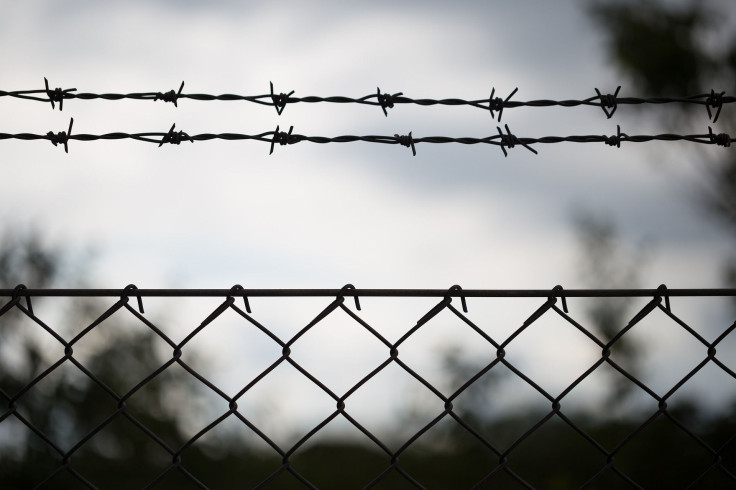Chronic Anxiety Risks And Extreme Stress: Spleen Hoards White Blood Cells After Trauma, Contributing To Anxiety Disorder

Feeling anxious? Blame your spleen.
Researchers from The Ohio State University have suggested that the organ holds large quantities of white blood cells long after psychological stress has ended, contributing to behavioral changes associated with mental health conditions like post-traumatic stress disorder (PTSD). The university said in a statement that their study uncovers clues about the relationship between the brain and the body’s immune system in people with these conditions. Mice had stress-caused changes in their white blood cells almost a month after their original trauma, and the increased ranks of immune cells appeared, in turn, to contribute to chronic anxiety.
The research, presented at the annual meeting of the Society for Neuroscience in San Diego, also elaborated on the link between inflammation and anxiety.
“The spleen becomes a reservoir of inflammatory cells,” co-author Jonathan Godbout, a neuroscience professor, said in the statement. In that respect, the university explained, it is “integral to the sensitization that happens after prolonged stress in mice, leading to anxiety and other cognitive problems down the road.”
Spleens are not the most prominent organ in the torso, often taking a backseat in the public consciousness to the more glamorous internal organs like the heart and lungs, but it is the largest organ in the body’s lymphatic system, which removes toxins and waste from the body. Live Science notes that it keeps bodily fluids balanced from its place above the stomach, in the upper left part of our abdomens. With its many blood vessels, it filters blood and controls both red blood cell levels and the body’s blood reserves, and it creates white blood cells when it detects an invader.
In the case of storing large quantities of white blood cells in response to stress, Godbout said, “Maybe anxiety is a good thing for survival — it’s beneficial evolutionarily — but the issue becomes what happens when that system is put into overdrive. That’s when it gets problematic.”
Simply removing the spleen may seem like an option for people with chronic anxiety because we actually can live without it, as other organs pick up the slack when the spleen is removed, but it would also leave us more prone to infection. Rather, the OSU researchers emphasize that targeting the immune system for treatment could potentially ease mental illnesses.
Published by Medicaldaily.com



























